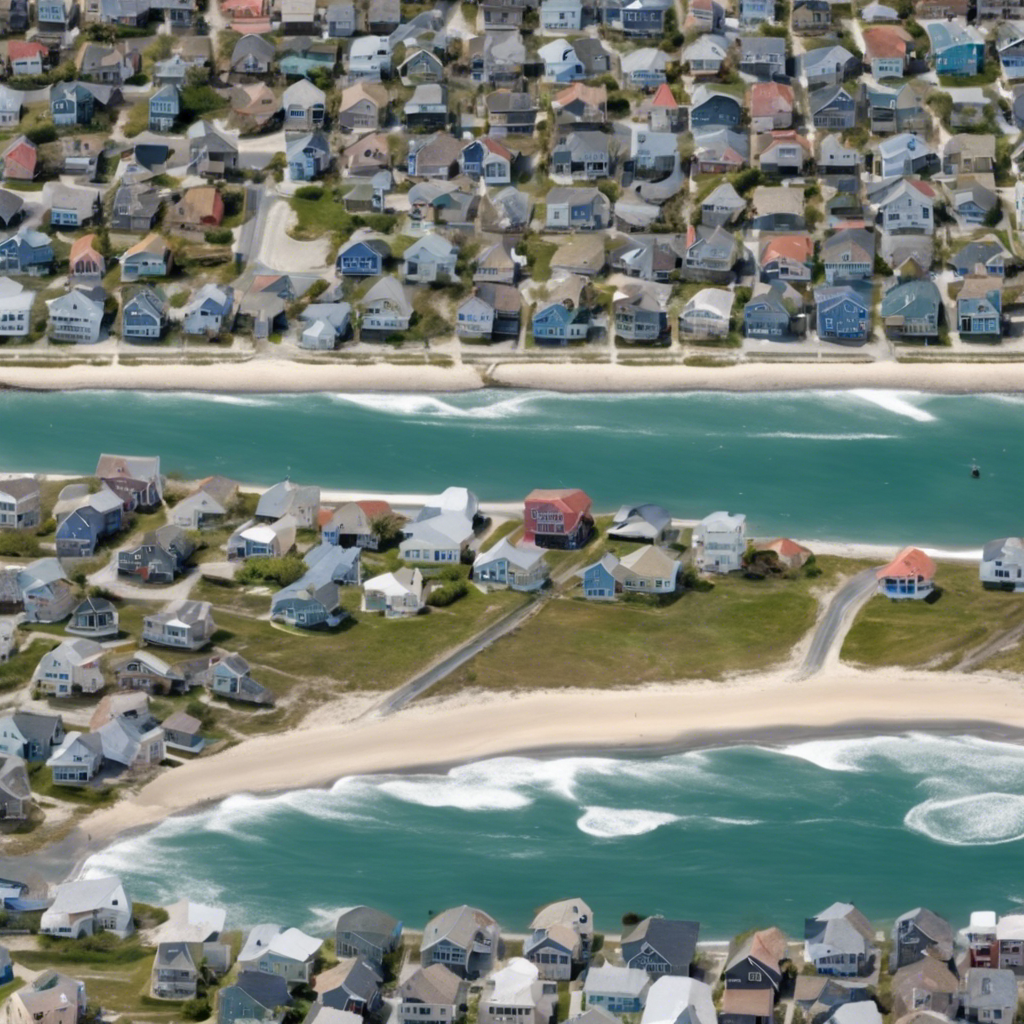The Impact of Climate Change on Coastal Communities: A Call for Action

Rising Sea Levels and Increased Flooding Threaten Coastal States
As the effects of climate change continue to intensify, coastal communities around the world are facing unprecedented challenges. From Miami to Mumbai, rising sea levels and increased flooding pose a significant threat to the livelihoods and well-being of millions of people. In this article, we will focus on the impact of climate change on coastal communities in the United States, specifically in states such as Florida, Louisiana, and California. We will explore the causes and consequences of rising sea levels, the efforts being made to mitigate these effects, and the urgent need for action.
1: The Causes of Rising Sea Levels
The primary driver of rising sea levels is the warming of the Earth’s atmosphere due to greenhouse gas emissions. As temperatures rise, glaciers and ice sheets melt, adding water to the oceans. Additionally, thermal expansion of seawater further contributes to the increase in sea levels. The burning of fossil fuels, deforestation, and industrial activities are the main culprits behind the accumulation of greenhouse gases in the atmosphere.
2: Consequences for Coastal Communities
Coastal communities are on the frontlines of the battle against rising sea levels. As the ocean encroaches on land, these communities face a multitude of challenges. Increased flooding and storm surges threaten infrastructure, homes, and businesses. Saltwater intrusion into freshwater sources affects drinking water supplies and agricultural productivity. Erosion of coastal land leads to the loss of valuable habitats and threatens biodiversity. Furthermore, the displacement of coastal residents and the loss of property values have significant social and economic implications.
3: Mitigation Efforts and Adaptation Strategies
Recognizing the urgency of the situation, many coastal states have implemented mitigation efforts and adaptation strategies to combat the effects of rising sea levels. These include the construction of sea walls and levees, beach nourishment projects, and the restoration of wetlands to provide natural buffers against storm surges. Additionally, some communities have implemented managed retreat strategies, relocating vulnerable structures away from the coast. However, these measures are often expensive, and the scale of the problem requires a coordinated and comprehensive approach.
4: The Role of Government and Policy
Addressing the challenges posed by rising sea levels requires strong government action and robust policy frameworks. The federal government plays a crucial role in providing funding for infrastructure projects, supporting research and development of renewable energy sources, and setting emissions reduction targets. State and local governments also have a responsibility to implement land-use policies that consider the long-term impacts of climate change and prioritize resilience in coastal development.
5: The Urgent Need for Action
The consequences of inaction are dire. If greenhouse gas emissions continue unabated, sea levels could rise by several feet by the end of the century, displacing millions of people and causing irreparable damage to coastal ecosystems. The urgency of the situation calls for a global commitment to reducing greenhouse gas emissions, transitioning to renewable energy sources, and investing in sustainable infrastructure. The Paris Agreement, an international effort to combat climate change, provides a framework for cooperation, but it requires the participation and commitment of all nations.
Conclusion:
The impact of climate change on coastal communities is a pressing issue that demands immediate attention. Rising sea levels and increased flooding pose a significant threat to the livelihoods and well-being of millions of people. Mitigation efforts and adaptation strategies are crucial, but they must be supported by strong government action and international cooperation. The time to act is now, as the future of coastal communities and the health of our planet hang in the balance.

